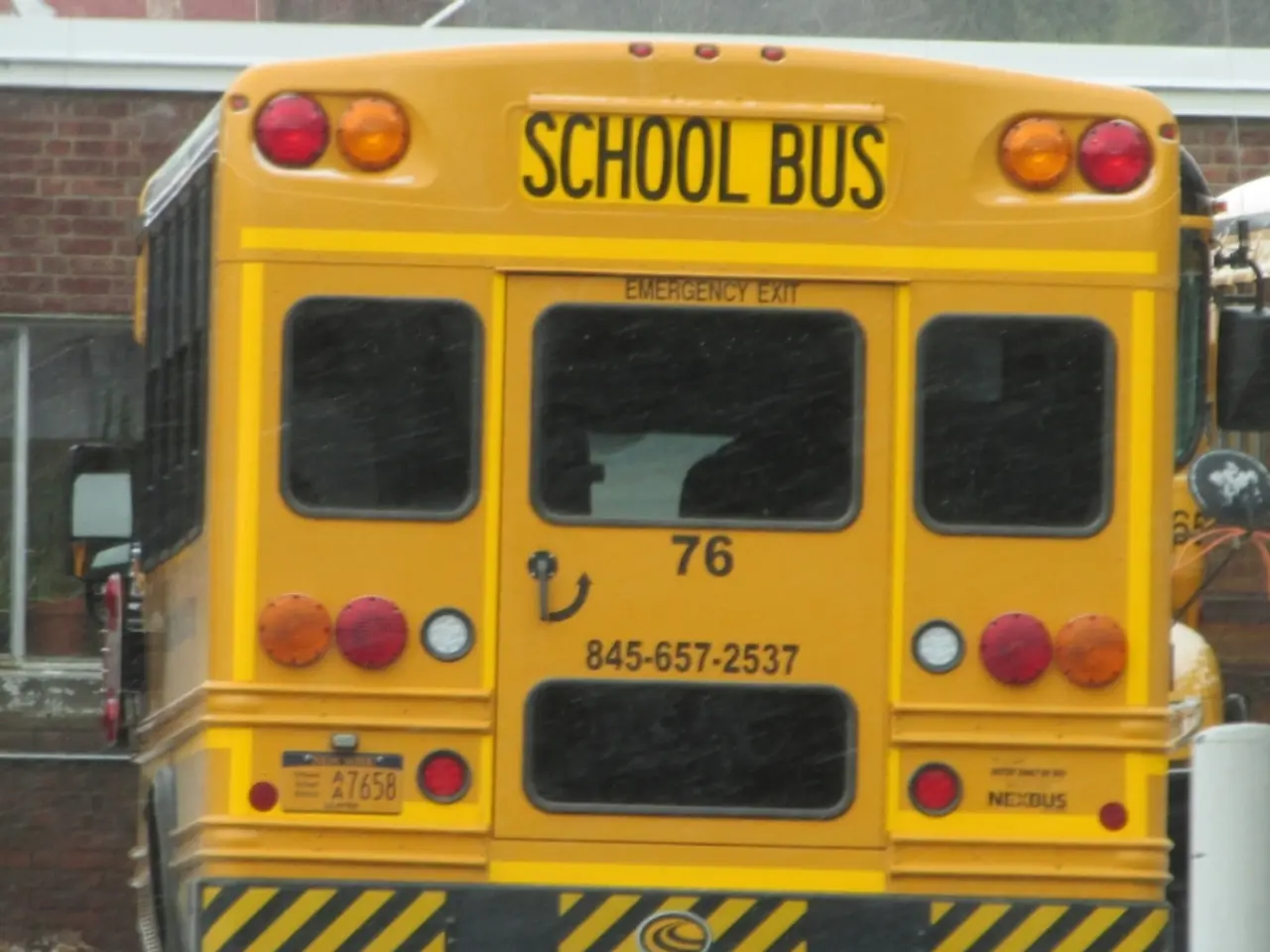"Andreas Salcher supports the complete elimination of academic course structures"
Andreas Salcher, a renowned Austrian education expert, author, and business consultant, has recently published a new book titled "The Best for My Child - Mastering School Successfully." The book serves as a survival guide through the Austrian school system, offering practical tips for parents on various topics, from choosing a school to fostering talents and recognizing ADHD or giftedness in children.
Salcher, who is 64 years old, initially worked in corporate consulting before dedicating himself to educational reform. His extensive experience and passion for improving the education system have led him to become a vocal critic of the Austrian system, particularly its politicization, which he believes makes good initiatives difficult to fully realize.
One of Salcher's key suggestions is to emulate the Alemannenschule Wutöschingen in Baden-Württemberg, a school where students learn primarily independently with learning blocks and are tested when they feel they have mastered a block. He believes that this approach, which focuses on self-paced learning, would greatly benefit the Austrian education system.
Salcher also acknowledges the existence of 'catastrophe parents' and the difficulty of cooperation with some parents. However, he emphasizes the importance of learning motivation, often built through interpersonal relationships with teachers.
In his book, Salcher advocates for more autonomy for schools and a stronger focus on individual talents. He criticizes aspects of the Austrian school system, such as the grading system, and suggests that schools should free teachers from rigid curricula and develop individual learning paths for each student.
Salcher also addresses the role of technology in education, viewing AI, such as ChatGPT, as an aid but warning of the risks of losing important skills. He offers tips on how parents can use AI to make certain tasks easier, but stresses the importance of transparency and good teacher training in its implementation.
Moreover, Salcher believes that investing in kindergarten educators would greatly benefit the education system. He points out that there are regions where 90% of children in public schools can't keep up with the lessons, highlighting the need for early intervention and quality education.
In addition to the issues within the Austrian education system, Salcher also highlights successful reforms in other countries. He mentions countries such as Estonia, Finland, and Germany (in pilot schools), which have successfully adapted their education systems to the 21st century by integrating digital tools from early grades, focusing on developing competencies rather than pure knowledge, and supporting teachers through continuous training and flexible curricula. He also discusses ongoing reforms in Bulgaria, where changes to legislation are aimed at making the system more functional by updating curricula, exam formats, and teacher further education.
Salcher believes that school reforms worldwide are ideally initiated by the prime minister. He suggests that maintaining small schools, teacher service law expenses, excessive vacation time, and complex school administration contribute to budget waste in the Austrian education system and should be addressed to improve the system's efficiency.
In conclusion, Salcher's book offers a comprehensive guide for parents navigating the Austrian school system, providing practical tips and insightful critiques of the current system. His suggestions, drawn from his extensive experience and research, offer a path towards a more effective and student-centered education system.
Read also:
- Asthma Diagnosis: Exploring FeNO Tests and Related Treatments
- Urban Pacific Mirrored in Playa Renaciente: A Miniature Metropolis Reflecting the Vibrancy and Complexities of Pacific Cities
- Voting results for the 2024 presidential election in Washington state have been disclosed
- Decreased Voter Participation in LA County's 2024 Elections Compared to 2020 - Daily News (paraphrased)








